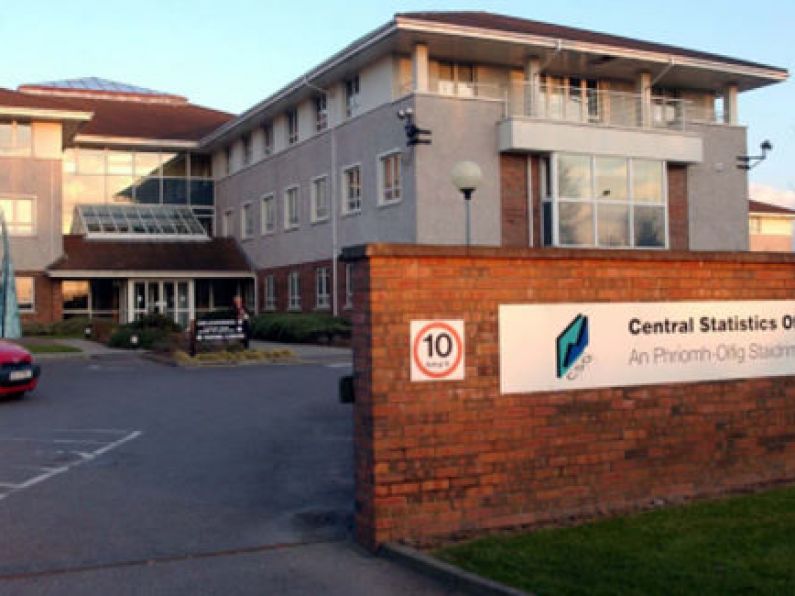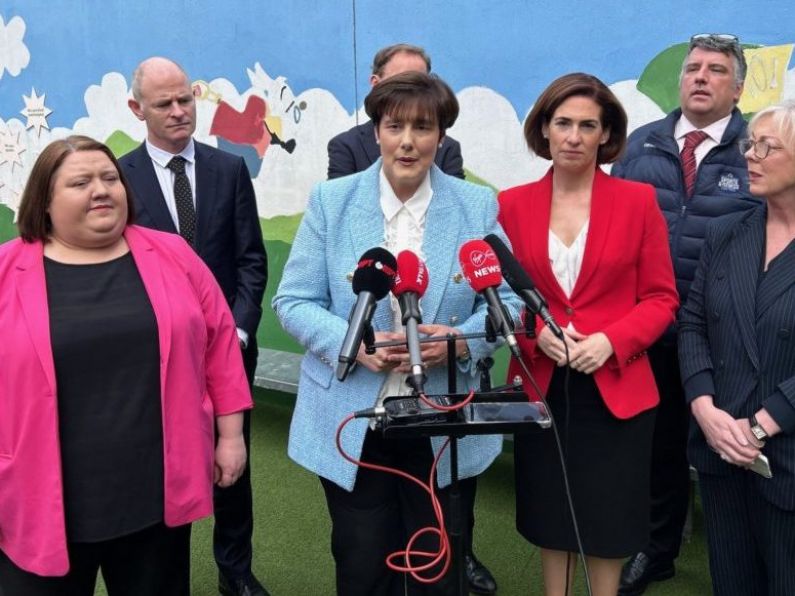There were 24,500 people earning less than the minimum wage at the end of last year, according to the Central Statistics Office.
Among the key findings are that 137,200 employees, 7.6% of all employees, received the statutory minimum wage of €9.55 per hour or less last year.
There were 1,679,600 earning more than the minimum wage, a 5.2% (83,400) increase from 2017.
However, women are more likely than men to be given the minimum wage or less.
Of the 137,200 employees who reported receiving the minimum wage or less last year, 55% (75,900) were women. The results show that 8.3% of all female employees were paid the minimum wage or less, compared to 6.8% of males.
The services sector accounted for more than four out of five (83.5% ) of all employees in receipt of the minimum wage or less, which continues a trend from earlier periods.
Half (50%) of those getting the minimum wage or less were aged between 15 and 24, a 3% increase since 2017.
It also emerged that non-Irish nationals were more likely to be given the minimum wage or less.
The survey shows that 7.1% of Irish nationals earned the minimum wage or less last year, compared to 9.6% of non-Irish nationals.
Employees whose highest level of education was secondary accounted for 61% of those reporting that they earned the minimum wage or less.
Commenting on the CSO's survey, social policy and legislative officer with ICTU, Ger Gibbons, said too many workers in Ireland were badly paid.
He said the actual number paid the minimum wage was likely to be higher - 133,300 did not report their earnings.
Congress has repeatedly called for the minimum wage to be brought in line with the Living Wage of €11.90 recommended by the Living Wage Technical group last year.
“Raising the minimum wage not only helps to raise incomes for low paid workers, but it also reduces inequality,” said Mr Gibbons.
The minimum wage hourly rate increased by 25% to €9.80 in January, as recommended by the Low Pay Commission.
All employees, including full-time, part-time, temporary and casual are entitled to receive the minimum wage, but not those employed by a close relative, in a statutory apprenticeship or aged under 18.
An Economic and social analyst with Social Justice Ireland, Eamon Murphy, said a substantial number of workers in Ireland are still earning far less than what was necessary to achieve the minimum socially acceptable standard of living in Ireland.
Social Justice Ireland was a member of the Living Wage Technical Group that recommended the living wage of €11.90, which is about 18% higher than the increased minimum rate.
“Previous studies suggest that up to twice as many people again may be earning more than the minimum wage but less than the minimum wage,” said Mr Murphy.
Ireland had a significant issue with low pay, with a far greater prevalence of low paid employment than other European countries.
“We also know that around 110,000 people in Ireland live in poverty despite having a job,” said Mr Murphy who said the Government should set a five-year timeframe to close the gap between the minimum and living wage.






